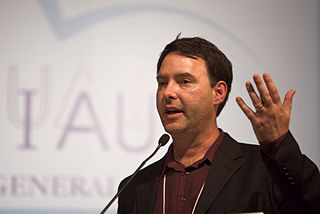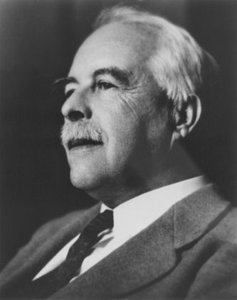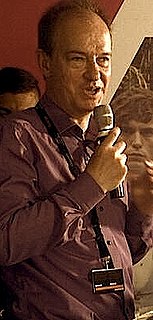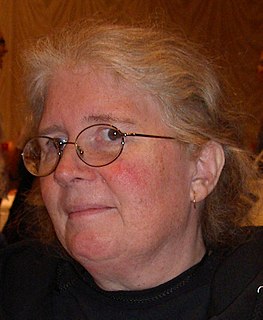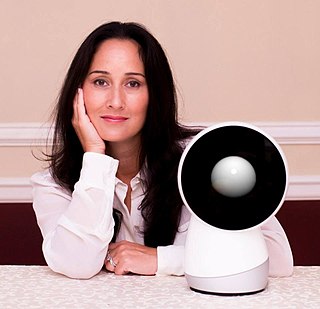A Quote by Peter Maurer
New technologies are rapidly giving rise to unprecedented methods of warfare. Innovations that yesterday were science fiction could cause catastrophe tomorrow, including nanotechnologies, combat robots, and laser weapons.
Related Quotes
Most science fiction is about tomorrow, a tomorrow brought to you by innovations in science and technology, and China was worried that if they just have everybody learning what is, they're not going to be in a position to invent a tomorrow because their brain isn't even wired to go in that direction.
Sunshine takes its intelligent and honourable place in the history of grownup science fiction on the screen and on the page: a genre that seeks to break free of parochialism and think about where and why and what we are without the language of religion... I loved Sunshine for its radical proposal that humans can and will do something about a catastrophe, and that our weapons could be used up in the service of preservation.
While the emphasis on effects became a catastrophe for science fiction, it was a relief for the capitalist culture of which 'Star Wars' became a symbol. Late capitalism can't produce many new ideas any more, but it can reliably deliver technological upgrades. But 'Star Wars' didn't really belong to the science fiction genre any way.
I love science fiction but I don't like fantastic [cinema]. For example, if you have a magical ring and you can explode the world with it. What are we talking about? You know, it's not interesting. I don't like Lord of the Rings. Even Star Wars, for me, I don't understand this kind of story. But Alien, because the rules of the game are very precise, it could happen. I love science fiction. I have an idea about robots in the future.
Science fiction is fantasy about issues of science. Science fiction is a subset of fantasy. Fantasy predated it by several millennia. The '30s to the '50s were the golden age of science fiction - this was because, to a large degree, it was at this point that technology and science had exposed its potential without revealing the limitations.
I don't think humanity just replays history, but we are the same people our ancestors were, and our descendants are going to face a lot of the same situations we do. It's instructive to imagine how they would react, with different technologies on different worlds. That's why I write science fiction -- even though the term 'science fiction' excites disdain in certain persons.


